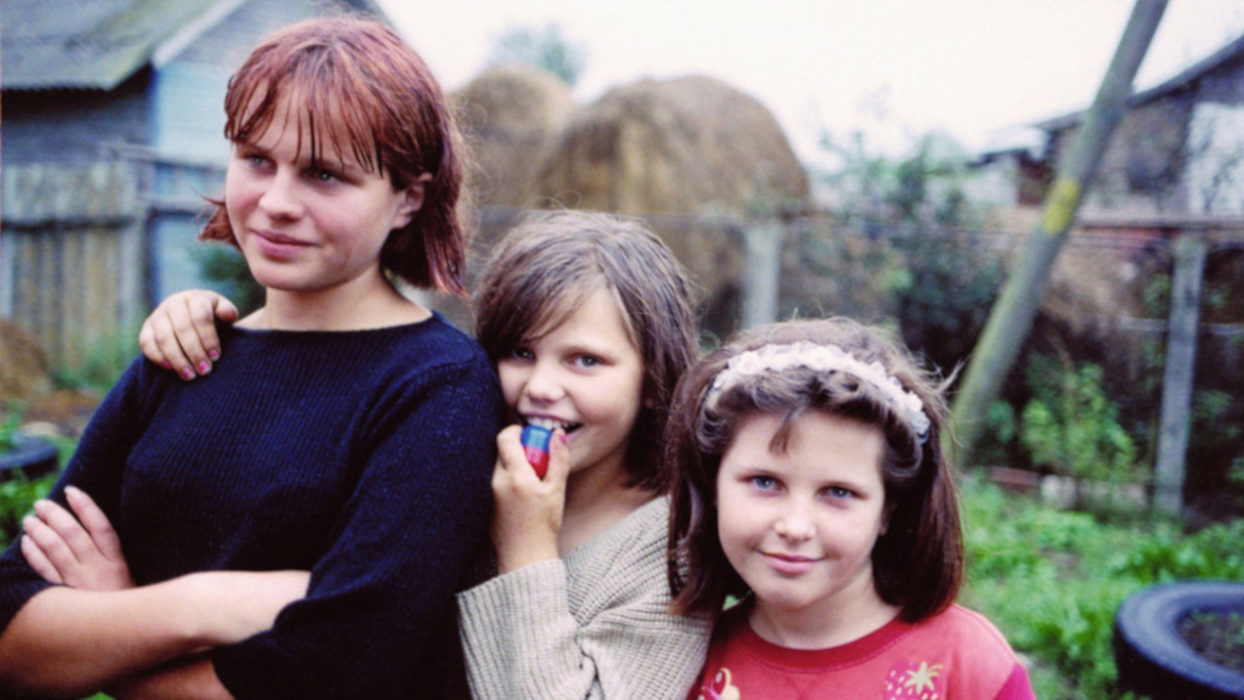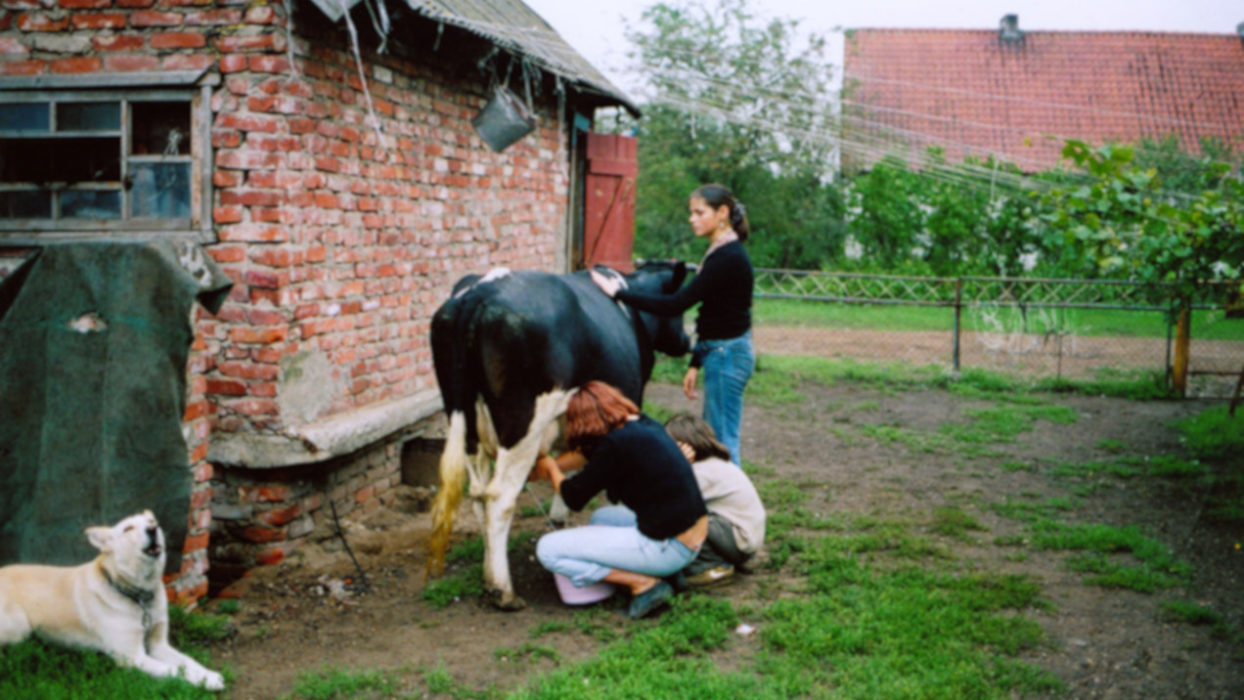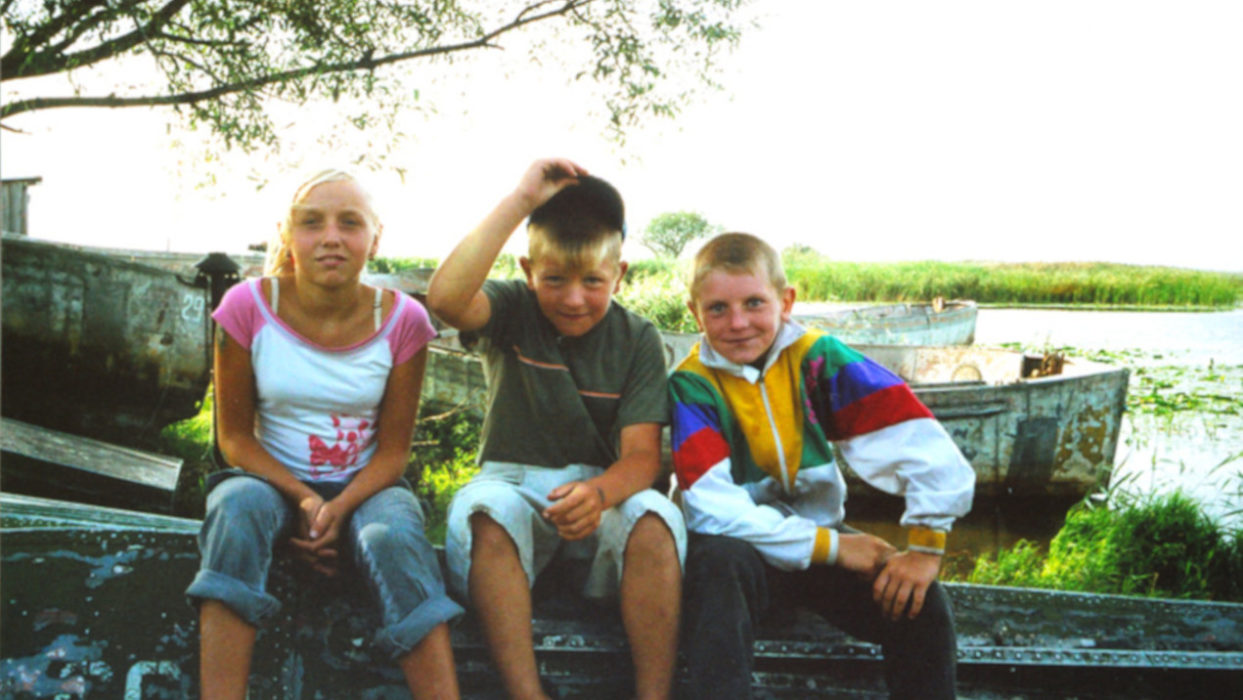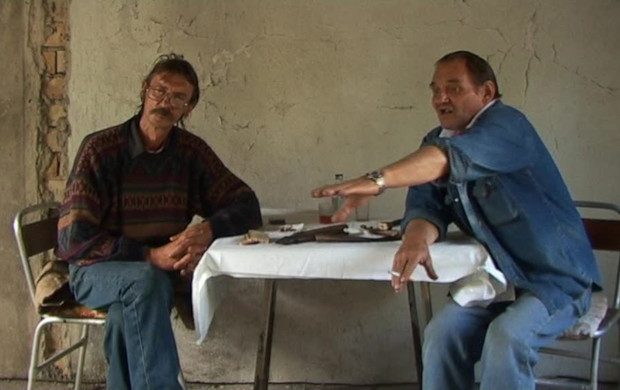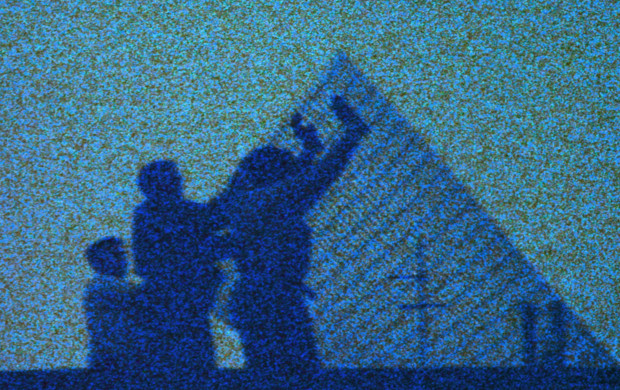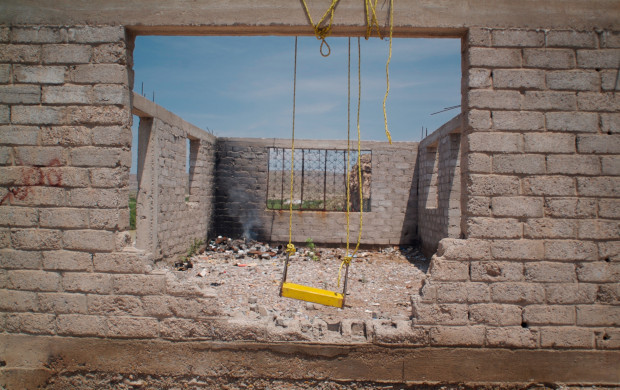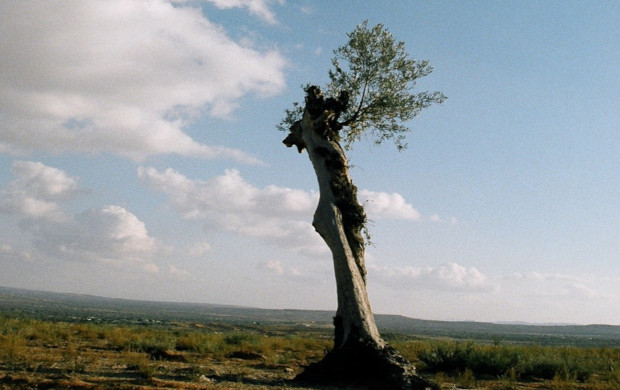Holunderblüte
Elder Blossom
- 2007
- Germany
- 88 minutes
- Russian
CINÉMA DU RÉEL GRAND PRIX
Annexed by Russia after the Second World War, and settled by colons from Russia or the Baltic States, the Kaliningrad region is now a Russian enclave within the European Union, lying between Poland and Lithuania. Formerly, Gastellovo village was home to an important agricultural fair. Today, with the decline of the Soviet empire, the village is only half-alive and nature seems eager to regain its rights over man. In Volker Koepp’s film, this sad, abandoned land, forgotten by the “motherland”, is transformed into enchantingly beautiful landscapes where children, left to their own devices in the places their parents have deserted, invent a shared world of games and a Utopian society bordering on the fantastic and reminiscent of the dreamlike world of the outcasts in Kurosawa’s Dodesukaden. Each one peoples this world with their dreams, like the young deaf girl whose water-colours bewitch her companions. All of them go there to draw the energy and vitality that is so lacking in the adults’ world: “… and it was winter, and myriad images were reflected in the children’s hearts and eyes.” With the return of spring, this magical power, the earth’s pagan strength, culminates in a wedding ceremony to which the children invite themselves. (Yann Lardeau)
- Production : Vineta Film
- Distribution : Vineta Film
- Editing : Béatrice Babin
- Sound : Andreas Müche Niiesytka; Jens Pfuhler
- Photography : Thomas Plenert
